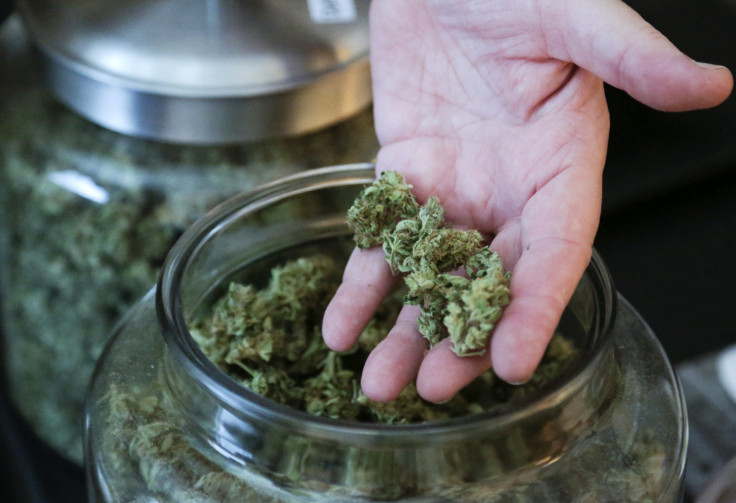Oregon Legislators Say Legal Marijuana Won’t Be The Cash Crop Advocates Hope For

Oregon voters will decide this November whether or not to legalize recreational marijuana in their state, and recent polling shows they’re leaning toward doing so. Legalizing pot would allow the state to regulate and tax marijuana sales, opening a new revenue opportunity for the Oregon state government, but new estimates say the payoff will not be as great as initially projected.
According to a report released this week by the state’s Legislative Revenue Office, legal marijuana would produce an estimated $16 million in tax revenue in the first full year of sales. That’s about $22 million shy of the figure Portland-based economics firm ECONorthwest put out last week.
Supporters of the November ballot measure to legalize marijuana, Initiative Petition 53, hired ECONorthwest to estimate the impact of legal weed on Oregon’s economy. The initiative would allow adults 21 and over to possess up to eight ounces of marijuana at home and one ounce in public and establish guidelines for the manufacturing and sale of state-licensed weed.
ECONorthwest’s report, dated July 22, said legalizing marijuana could produce as much as $38.5 million in new taxes, about two-thirds of what the state collects for non-cigarette tobacco products like cigars and snuff. By comparison, Colorado, the first state to roll out legal recreational sales, on Jan. 1, raked in $2 million in new tax revenue from the sale of recreational pot in the first month of sales alone. Assuming sales remain steady, something state officials have indicated will likely be the case, Colorado could pull in $24 million in legal pot revenue by the end of 2014.
But according to the Oregon revenue office’s estimates, ECONorthwest overestimated how many Oregon marijuana users would stop buying pot on the black market and start buying weed legally. Legal weed is expensive – often more than twice what marijuana users can get on the street – and economists wonder whether legal marijuana can compete with black market prices.
ECONorthwest based its estimates on the assumption that under marijuana legalization, 40 percent of current black market buyers in Oregon would switch to purchasing state-licensed pot. The revenue office says that figure is likely closer to only 30 percent.
ECONorthwest also said an initial price drop in Oregon’s legal market would boost out-of-state sales. State analysts, however, do not think that will be the case.
One thing analysts know for sure is that "the amount of uncertainty is enormous," Paul Warner, the Oregon Legislature's top tax expert, told Oregon Live. He added that retail marijuana “is a revenue source that could grow over time."
Oregon is not the only state where voters will consider legalizing retail marijuana this year. Alaska will put legal weed to a vote in November too. Arizona, California, Montana, Massachusetts and Nevada are likely to follow suit in 2016.
© Copyright IBTimes 2024. All rights reserved.












